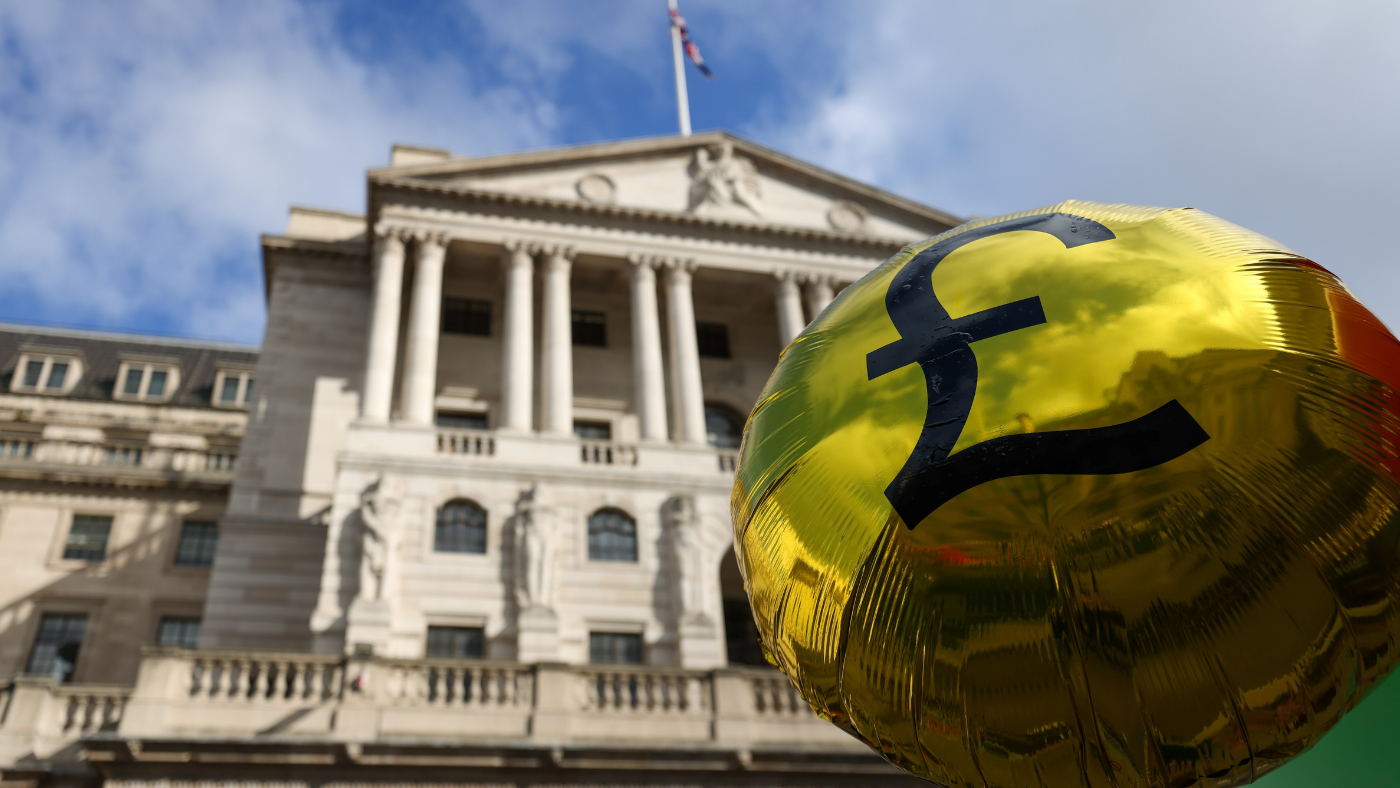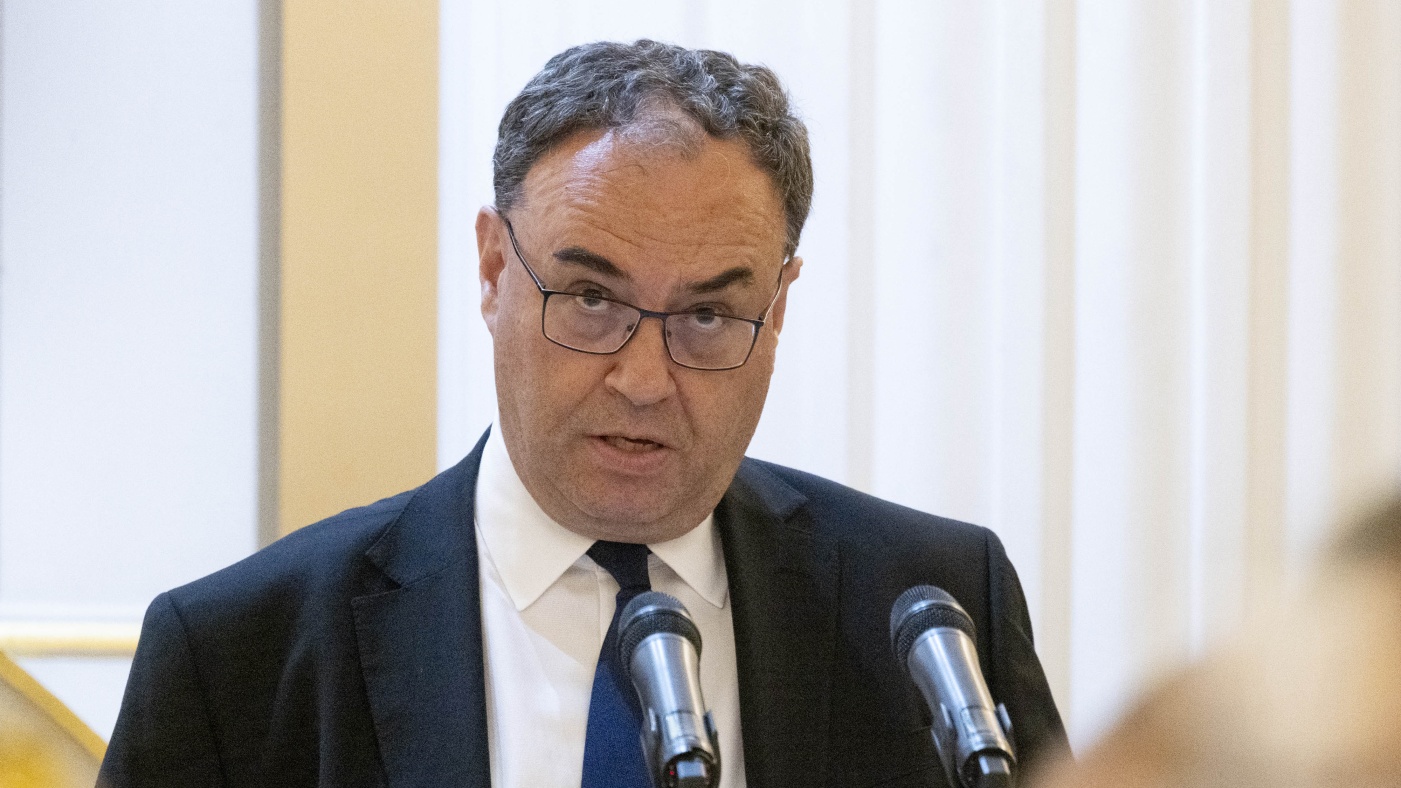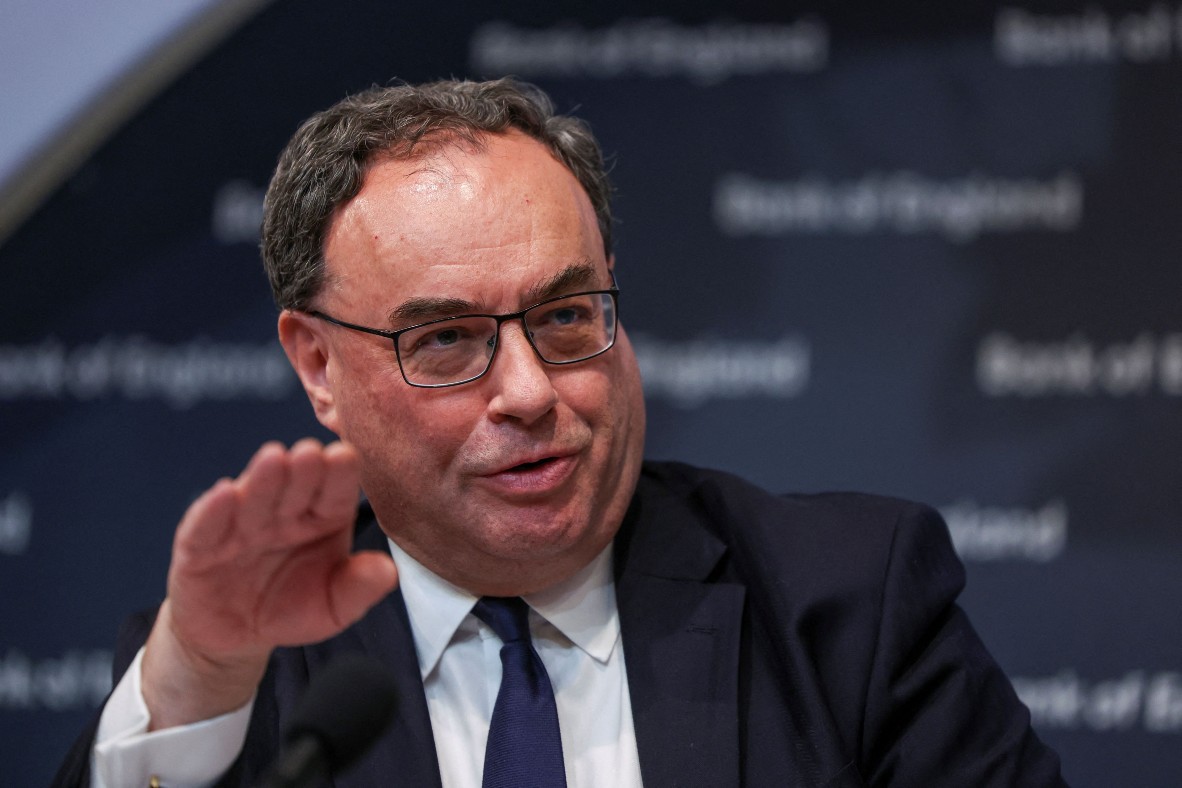Libor inquiry unexpectedly shut down
Serious Fraud Office closes investigation despite evidence implicating Bank of England

A free daily email with the biggest news stories of the day – and the best features from TheWeek.com
You are now subscribed
Your newsletter sign-up was successful
An investigation into the rigging of Libor has been unexpectedly shut down despite evidence that implicates the Bank of England.
The Serious Fraud Office (SFO) began investigating the Libor scandal in 2012, when the then-chancellor George Osborne described it as a “shocking indictment of the culture at banks”. The SFO looked into the manipulation of the Libor benchmark rate, a “key interbank borrowing rate that underpins hundreds of trillions of debt worldwide”, explains the Financial Times.
Thirteen traders and money brokers were prosecuted by the SFO over the past four years for conspiracy to defraud, resulting in four convictions, while banks and regulators around the world have faced fines running to billions of pounds.
The Week
Escape your echo chamber. Get the facts behind the news, plus analysis from multiple perspectives.

Sign up for The Week's Free Newsletters
From our morning news briefing to a weekly Good News Newsletter, get the best of The Week delivered directly to your inbox.
From our morning news briefing to a weekly Good News Newsletter, get the best of The Week delivered directly to your inbox.
The BBC reports that a secret audio recording from 2008 implicates the Bank of England, which “intervened in the Libor setting process” as it was concerned about financial stability.
But when the audio was broadcast in April 2017, the Bank of England said Libor was unregulated at the time.
The SFO has now said in a statement: “Following a thorough investigation and a detailed review of the available evidence, there will be no further charges brought in this case. This decision was taken in line with the test in the Code for Crown Prosecutors.”
–––––––––––––––––––––––––––––––For a round-up of the most important business stories and tips for the week’s best shares - try The Week magazine. Get your first six issues for £6–––––––––––––––––––––––––––––––
A free daily email with the biggest news stories of the day – and the best features from TheWeek.com
The Times says the SFO’s decision “means that no one will be prosecuted in the UK for ‘low-balling’, which involved institutions understating the interest rates they paid to borrow money”.
John Mann, who served on the Treasury select committee from 2009 to 2015, said there was now a danger that lessons would not be learned from one of the darkest episodes in the City’s past.
“The Libor scandal is being allowed to quietly slip into history, increasing dangers that lessons will not be learnt and leaving those culpable not being held to account,” he said.
However, the Financial Times says the SFO’s seven-year investigation has received “criticism from lawyers who said the agency should have abandoned it sooner”.
Neil O’May, partner at Norton Rose Fulbright representing Barclays ex-group treasurer Jon Stone, said: “Questions must be asked about the effect of such a protracted investigation on those under suspicion and whether justice is indeed served.”
-
 The ‘ravenous’ demand for Cornish minerals
The ‘ravenous’ demand for Cornish mineralsUnder the Radar Growing need for critical minerals to power tech has intensified ‘appetite’ for lithium, which could be a ‘huge boon’ for local economy
-
 Why are election experts taking Trump’s midterm threats seriously?
Why are election experts taking Trump’s midterm threats seriously?IN THE SPOTLIGHT As the president muses about polling place deployments and a centralized electoral system aimed at one-party control, lawmakers are taking this administration at its word
-
 ‘Restaurateurs have become millionaires’
‘Restaurateurs have become millionaires’Instant Opinion Opinion, comment and editorials of the day
-
 The end for central bank independence?
The end for central bank independence?The Explainer Trump’s war on the US Federal Reserve comes at a moment of global weakening in central bank authority
-
 Should Labour break manifesto pledge and raise taxes?
Should Labour break manifesto pledge and raise taxes?Today's Big Question There are ‘powerful’ fiscal arguments for an income tax rise but it could mean ‘game over’ for the government
-
 What are stablecoins, and why is the government so interested in them?
What are stablecoins, and why is the government so interested in them?The Explainer With the government backing calls for the regulation of certain cryptocurrencies, are stablecoins the future?
-
 Will the UK economy bounce back in 2024?
Will the UK economy bounce back in 2024?Today's Big Question Fears of recession follow warning that the West is 'sleepwalking into economic catastrophe'
-
 Interest rates rise to 5.25% for first time in 15 years
Interest rates rise to 5.25% for first time in 15 yearsSpeed Read Inflation is slowing but at 7.9% it remains well above the Bank of England’s 2% target
-
 Five options to get the UK back to 2% inflation
Five options to get the UK back to 2% inflationfeature Some economists believe alternatives to raising interest rates are in the country’s best interests
-
 Why aren’t soaring interest rates bringing down inflation?
Why aren’t soaring interest rates bringing down inflation?Today's Big Question PM pins blame for stubborn inflation on fixed-rate mortgages, but economists say the picture is more nuanced
-
 Sticky inflation and sluggish growth: why does UK economy continue to struggle?
Sticky inflation and sluggish growth: why does UK economy continue to struggle?Today's Big Question Food prices, Brexit and the Bank of England have been blamed for poor economic performance